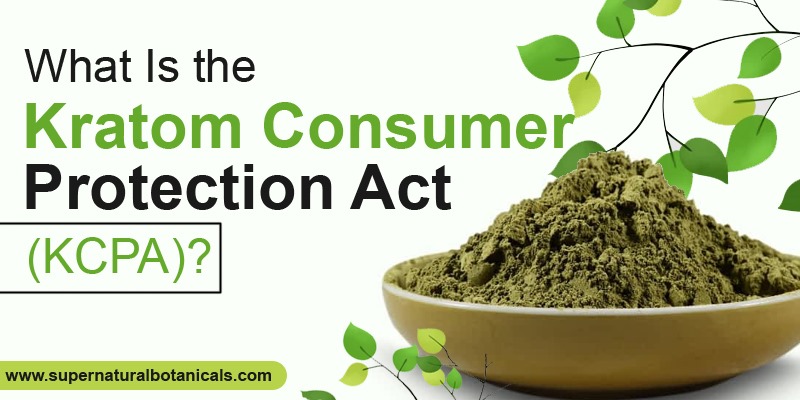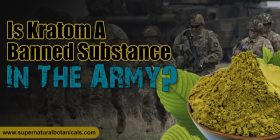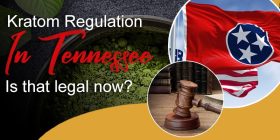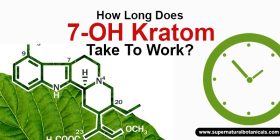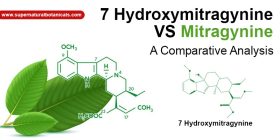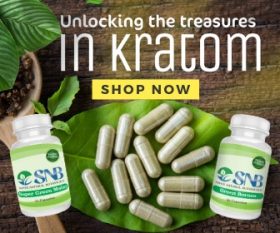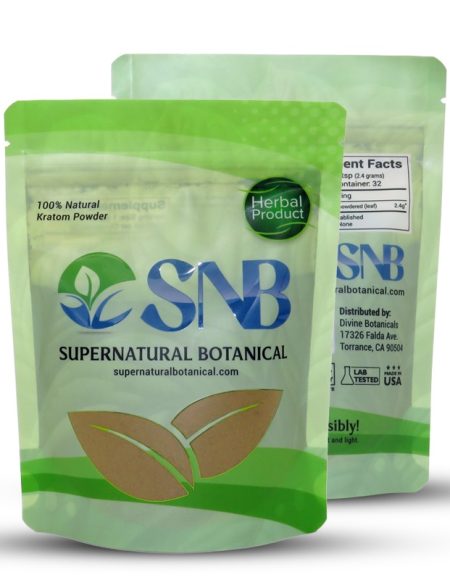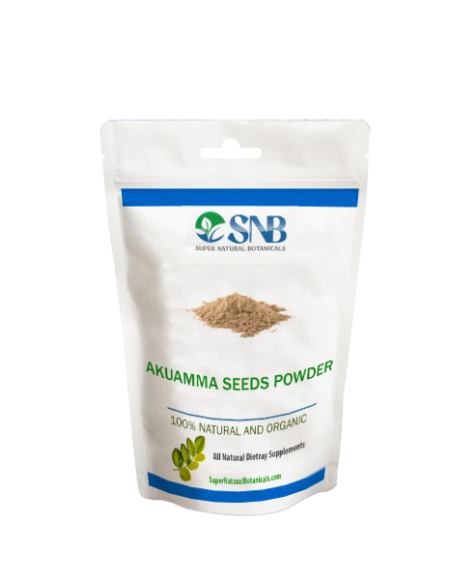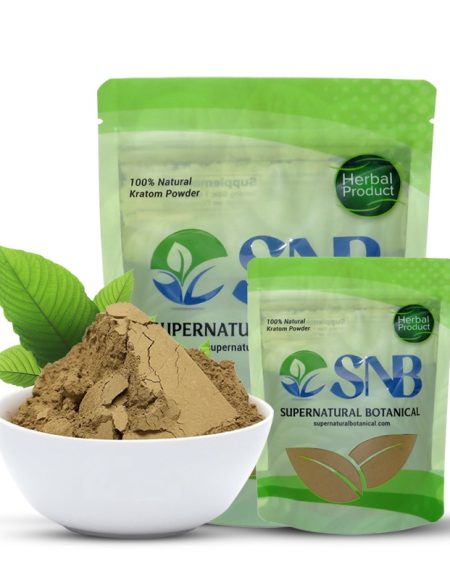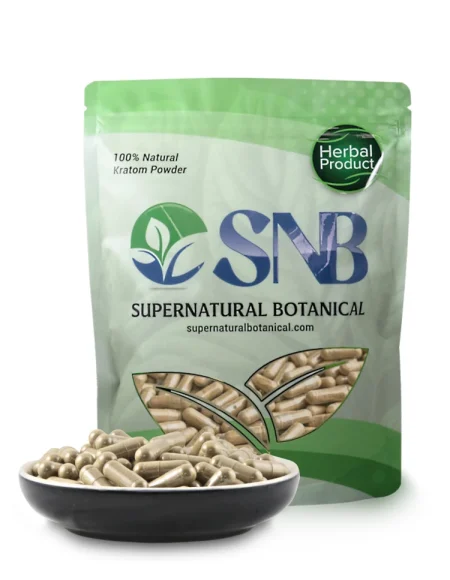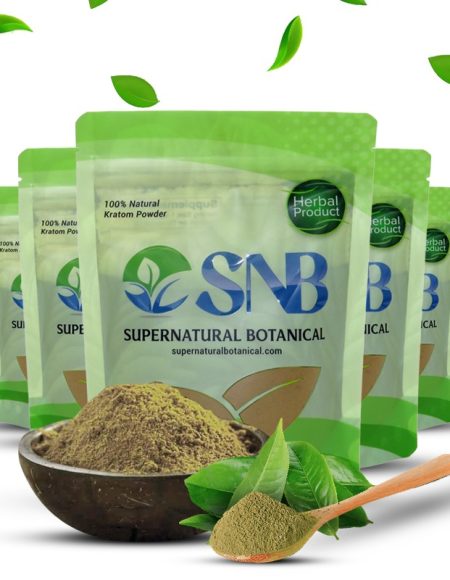Did you know that there are over 250 foodborne diseases in the world? They can be of three types: chemical, biological, or physical. But thanks to the food quality control authorities who make sure that the sellers are following the standards and practicing hygiene and good manufacturing practices.
In the same way, Kratom, which is a tree whose leaves are used to prepare different products, may also be compromised in terms of quality. For instance, the leaves may carry harmful metals like pesticides, microbial or other metals. Moreover, sellers may also sell low-quality products that have other substances mixed, and the possibilities go on.
Table of Contents
To cater to the need to make your Kratom experience as safe as possible, the Kratom Consumer Protection Act steps in. Now, what is the Kratom Consumer Protection Act? Do all the states follow it? How is this different from other organizations working in favor of Mitragyna Speciosa? This and a lot more questions are going to be answered in this reading. So, gear up!
What Is Kratom?
It is a tree that grows in Southeast Asia. The countries where it grows are Malaysia, Thailand, Papua New Guinea, Indonesia, and Myanmar. It is the leaves of this tree that are utilized because they have therapeutic properties. Now, this substance is available in different forms in the market, such as capsules, powder, tinctures, gummies, extracts, and more. It was discovered a long time ago, but at that time, not many people used to take it. However, now it has gained popularity across the globe. Moreover, its use is not limited to medicinal purposes but also to recreational purposes.


What Is Kratom Consumer Protection Act (KCPA)?
KCPA, which is a short form for the Kratom Consumer Protection Act, works for the protection of Mitragyna Speciosa users. It ensures that vendors follow good manufacturing practices and guidelines. These instructions revolve around the distribution, age, production, fines, sales, possession, testing, and labeling of Kratom.
What Does KCPA Do?
It works to ensure that consumers only get high-quality Kratom and its products that have no harmful or artificial substances in them. As it demands vendors to follow the safety guidelines, the consumers can have a safe experience using it. If the vendors don’t follow the rules, they can be fined and may also face criminal charges. Let’s see what are some of its policies.
- It demands vendors to disclose the number of active alkaloids named 7-hydroxymitragynine and Mitragynine
- Labeling the origin and ingredients used
- Forbids the selling and buying of any product that carries unnatural compounds or synthetic forms of Kratom
- Revealing the presence of Kratom in each product
- Restricts the sale to people who are under 18 years old
- Banning any products with components that can be harmful for the user
- Banning products that are mixed with any controlled substances
- Banning the selling of any item that contains more than 2% of 7-hydroxymitragynine
- Banning any Kratom items that are adulterated or contaminated
Why Is KCPA Important?
Before the introduction of this bill, Mitragyna Speciosa was highly unregulated, and it was easy and mainstream for the sellers to produce and sell low-quality Kratom and its products. As a result, there were many complaints, and obviously, many people came across the side effects.
In the absence of this law, these products could be sold to minors, such as those under the age of 18. Now, the minimum age to buy Kratom is 18, while in some states, it is 21. Also, 7-hydroxymitragynine now cannot be more than 2%. The items used to be adulterated, synthetic, and contaminated. Consequently, the item was ineffective and rather harmful for the users.
KCPA also made it mandatory for the brands to put the right labels and mention all the important details on them, including the manufacturer’s name, address, and the amount of active alkaloids. This is so because, in the past, users had faced a lot of difficulty with getting in touch with the vendor. However, when everything is mentioned on the label, they will be easily connected with the vendor and can discuss the issue.
Actually, selling this mediocre stock is used to help vendors earn more profit. Luckily, now states under this bill don’t have to face this issue.
Why Are More and More State Regulators Passing These Laws?
One of the reasons can be that Kratom is gaining popularity all across the globe now. Initially, it was limited to just a few states. As it is becoming famous, there is a need for regulations more than ever because safety is everyone’s primary concern. Passing the bill indicates that the state is taking the well-being of its people seriously. This way, they can ensure the state’s safety while allowing the use of this herb. Every state needs to pass this law individually. Every state makes some changes in this bill according to its wants and needs. As the bill passes in a state, it becomes mandatory for these sellers to comply with its standards.
Which States Have Passed KCPA?
Well, so far, not many states have this bill passed. The American Kratom Association, also known as AKA, is trying to introduce it in more states, but support from more people is needed. The states where KCPA has passed are:
- Nevada
- Utah
- Arizona
- Georgia
It is important for consumers to step up and attend the hearings so this bill gets passed in other states as well. The elected officials would not stop people from talking in favor of it. If you love Mitragyna Speciosa, you must take time for this. When lawmakers witness so many people supporting the stance of making Kratom legal, they will also work in favor.
Click here to read about the states where kratom is legal.
How Are FDA and KCPA Different?
Unlike KCPA, which has set guidelines for vendors to follow so the consumers can have a safe experience, the Food and Drug Administration (FDA) oversees this industry. What it does is that it warns people not to use any products containing Mitragyna Speciosa or its psychoactive compounds, let alone Kratom itself. This is all because it has received some complaints about this substance. By now, there is limited research conducted on this substance. Therefore, there are safety concerns about it. However, the FDA is encouraging more research on it and on its use with other substances so it can show leniency towards it.
The FDA has tried putting restrictions on Mitragyna Speciosa, but they were not one hundred percent successful because a lot of people opposed the decision. Moreover, in 2021, the World Health Organization (WHO) said that Kratom is safe and can be just a little risky. Hopefully, this statement will play a vital role in making this substance available to more people.
Which States will possibly replace bans with KCPA bills?
There are many states that have restricted Kratom. Some of these bans are limited, while some are extensive. However, that does not mean advocates have stopped trying to make it accessible and legal. They are hopeful that the bans will one day be replaced with KCPA bills. Passing these bills will also ensure the safety of people because the sellers will follow the standards, and consumers will consume safe and pure Kratom. Some states where there is a possibility that the bans will be lifted and replaced with the bill are mentioned below.
Colorado
The bill was put on hold because of Covid19 threat.
California
Some cities, including San Diego, have a ban on Kratom, but the advocates are hopeful that the bill will be reconsidered.
Rhode Island
Mitragyna Speciosa is banned here, but the KCPA bill has been filed. People are hopeful that the bans will be replaced with the bill.
Illinois
The bill was filed, but it has yet to be reviewed by the officials. Advocates are hopeful that it will be reviewed soon.
The American Kratom Association & the KCPA
Kratom users founded the American Kratom Association, also known as AKA, and it is a non-profit organization. It works for Kratom users and is supported and funded by advocates and vendors. It also provides correct and science-based information to diminish all the myths revolving around this substance. It was founded in response to the campaign against Kratom by the FDA. Basically, it saves consumers from unfair laws and fights for this substance to remain legal. Furthermore, it fully supports KCPA.
So, what makes both of these different is that while KCPA sets guidelines for the Mitragyna Speciosa vendors, AKA works to keep Kratom legal and provides scientifically approved information about it.
What Organizations Beside KCPA Influence Kratom Industry?
If you are a Kratom lover, then you must know about the three organizations that play a vital role in the Mitragyna Speciosa industry. These organizations are The Food and Drug Administration (FDA), the American Kratom Association (AKA), and the Kratom Consumer Protection ACT (KCPA). To understand their difference, let’s have a look at the comparison table.
| KCPA | FDA | AKA | |
| Full Form | Kratom Consumer Protection Act | Food and Drug Administration | American Kratom Association |
| Set Up Date | Passed first in Utah in 2019 | Established in 1906 by the name Pure Food and Drugs Act | It was established in 2014 |
| Description | It sets some standards for the vendors to follow so the users can enjoy top-notch products free of any harmful stuff. | It oversees the industry and has not approved the use of Kratom or any products that carry it. It is also evaluating the available scientific data, but so far, the research on this substance is insufficient. | This non-profit organization is funded by Kratom users, enthusiasts, and advocates. It works to provide accurate information, which is helpful in rejecting all the wrong information circulating about the risks, benefits, and uses of Kratom. |
How To Shop Kratom Safely Without KCPA Bill?
If your state has not passed the KCPA bill and you want to buy Kratom, then you should be careful when shopping for it. But don’t worry! Let’s go through some of the tips and tricks to have a safe and sound experience.
Read Reviews
It is inevitable that sometimes the reviews can be fake, but this is not always the case. Most of the time, reviews help you a lot with decision-making. For instance, they can tell you about the brand’s customer service, product quality, quantity, shipping timings, and more.
Buy Online
According to many Kratom users, buying Kratom online can get you better and wider options. Also, the stock is fresh, unlike the one that has been in physical stores for a long time. When buying online, you can come across a lot of variety, and they also provide you with testing reports and certificates.
Click Here To Buy Kratom Online: https://supernaturalbotanical.com/
Check Testing Reports
Whether you purchase Kratom products online or through physical stores, asking the vendor for third-party lab testing reports is important. These reports identify if the product has any contaminants like heavy metals, pesticides, and microbial, and they also indicate the amount of alkaloids.
Click here to read details about kratom testing and lab reports.
Buy From AKA Certified Brands
If the seller you are buying it from is AKA certified, that means you are getting your hands on a premium quality Kratom. They got the certificate after getting their products checked from all angles by AKA. Besides, AKA also identifies and informs if there are any shortcomings in the item so the vendor works on it.
Conclusion
Voila! You got the detailed answer to the query, “What is the Kratom Consumer Protection Act?”. If you are a Kratom user and lucky enough to live in a state that has passed this bill, then certainly you must have had a pleasant experience with this herb. Until the FDA keeps restricting its use, KCPA is responsible for protecting the users.
Without KCPA, vendors would sell anything they want regardless of the quality, but in the presence of this bill, they would not dare sell cheap products due to the fear of getting shut down and facing the charges.
Regulating Mitragyna Speciosa and setting standard guidelines for businesses so consumers can have an unharmed experience are all favorable for this industry and its users.


Sara is the owner/operator of Sara E. Teller Industries, LLC., and a freelance writer who has spent nearly twenty years in media. A seasoned publishing professional, she has worked for newspapers, magazines, and book publishers in content digitization, editorial, acquisitions, and intellectual property. Sara has an MBA degree and is currently pursuing an MA in Clinical Mental Health Counseling. In addition to her freelance work, she manages sarateller.com and has published three fiction and two self-help titles. She lives with her family of six in Michigan.


